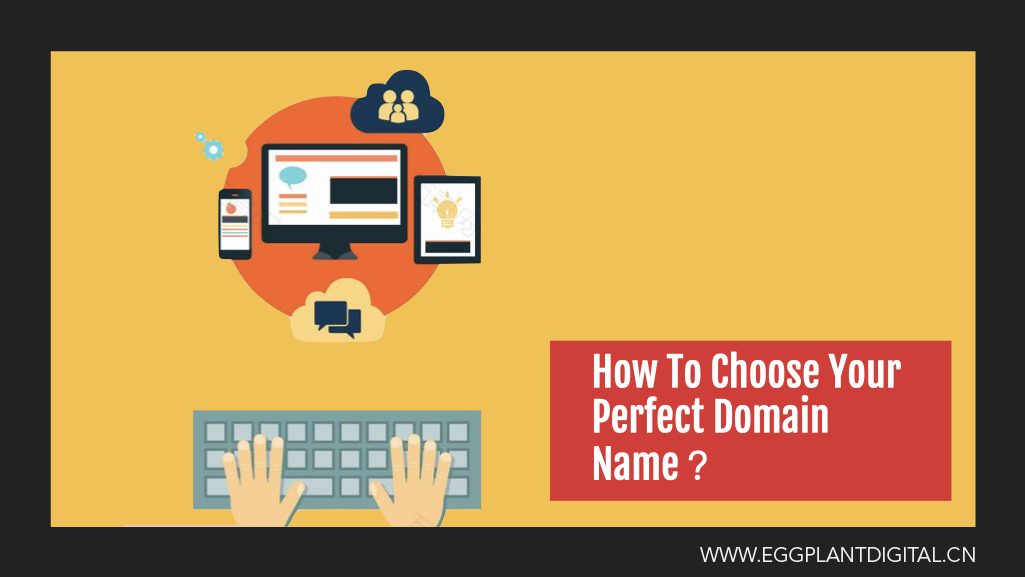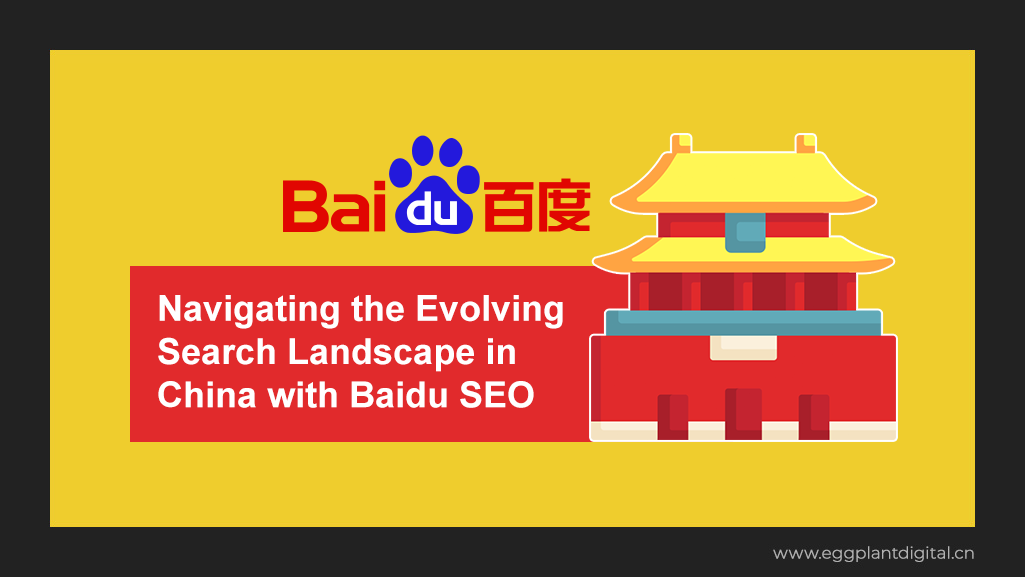If you're looking to grow your business in China, getting to grips with local digital…
Do I Need A .CN Domain Name For China?
This is part of our two-part series on the world of domain names. If you missed out on the intro and overview on this topic, check it out here – there’s a valuable overview of the TLD…
What’s a TLD? Oh, that’s the .com / .cn part of your domain name that’s found at the end. It’s short for “top-level domain”. But, why do you care? Because if you choose the wrong one, you could seriously reduce the number of people coming to your website…Read on for the valuable do’s and don’ts!
Should I Choose A .CN Domain Name For My China Website?
First, you need to know why you choose your top-level domain or TLD (the .com or .nz part of your website).
As an internet marketer, I have a general starting point for domain names outside China “Dotcom or bust”.
Why would that be? Marketing is all about what you do before the sales process – creating awareness, interest and action towards your way of helping people solve their problems. It’s the “getting to know you” phase before anyone makes a commitment.
Anything you can do to make that process smoother is to improve your bottom line.
In short – most people have a hard time remembering other tlds. If you had to put anything at the end of a domain name you heard but can’t remember clearly, you put .com
I have a lifelong friend with a .co.uk website and I still type it in wrong, using the .com instead of the correct web address. You don’t want that…
Be The “Go To” Online For Your Name
You should always aim to be the “go-to” version of your name whenever possible, which is the .com version. However, the exception is when you are choosing it for a particular reason.
Take us here at eggplantdigital for example. We specialise in China-based WordPress websites, WeChat shops, and online marketing for the China market. In a case where a niche like this is so pronounced, it makes perfect sense for us to have a .cn at the end of our name, rather than a .com
In addition, you have to keep in mind your audience when buying your TLD.
Chinese people remember .cn and China is our market, so it all makes sense here.
In addition, .cn screams “we are in China and China is our thing” way more than a .com and your expert explanation on our homepage ever does.
Would this situation be the same for us if we were working in a country like Spain or Germany? Probably not. Why? Because the internet in China is so unique (and disconnected) that you can’t treat it like the internet in the rest of the world.
Do I Need A Specific Website For China?
This is a question that we often have to help clients with. It depends on who you are, but for the most part, the answer is yes.
There are main issues to deal with here:
- Great Firewall
- Getting business in China done “the China way”
The Great Firewall is a huge beast. The budget for controlling what information is allowed to pass into the PRC is alarming. We can’t give exact figures, but let’s just say it is larger than a small nation’s defence budget…(no joke!)
China is constantly updating its filtering processes and preferences. As a result, you need to stay current on what works and what doesn’t work on the internet in China. The best way to do that is to have a China-specific website and a .cn domain name.
I have personally overseen online marketing campaigns that deal with both China and non-China at the same time. They are two different worlds and must be treated as such. If you try to run your Chinese operations using the majority of the internet’s tools, you will hit a snag. Dropbox, gmail, and Facebook are just the more obvious ones.
Why Do Websites Sometimes Not Work In China?

Let’s talk about website content -some websites are permanently blocked, some are temporarily blocked, or have pages that are blocked. It’s all down to the information on them.
Youtube and Facebook are permanently blocked, as there’s just too much unrestrained information flowing back and forth for the government to allow them to operate freely.
In other cases, sites are blocked temporarily. The BBC isn’t blocked in China, but if you try to access it from Beijing on the same day that the Dalai Lama is being reported making some big statements, then you might be forgiven for thinking that the server is down. Alternatively, it may just seem that the individual page is down…
Let’s talk tools: If you are using any files from Google on your China facing website, they won’t work (meaning you might not be able to see that page properly).
If you are using software that China has deemed inappropriate, then it may not work reliably. A good example is Leadpages. Leadpages is a piece of software that works with WordPress that helps you quickly create fantastic marketing web pages without having to code or design. You’d think that their website wouldn’t bother the government, right? For over 2 years after launch, Leadpages was nowhere to be found on the Chinese internet. The Great Firewall gatekeepers just didn’t know what it was, so they blocked it. Bottom line? 1.4 billion people had no access to their products or services when they weren’t doing anything remotely political.
What Are The Advantages Of A China-Only Website?
In short:
- Speed -(no firewall slowing you down/ no loss of features)
- Marketing – PRC consumer culture is extremely unique
- Safety/ Security – By co-operating with China’s limits you increase accessibility to 1.4 billion people.
What Should I Do Next?
The first thing you should do is get your current website tested by an individual or an organisation that is physically present in China. Get some feedback on how your website is running in the PRC. From there you should consider either adapting your existing site or creating a .cn version to properly market to the PRC.
Got questions? Most people do on this topic, as it’s a big one. If you’ve not contacted us before, why not make it your first time? We’re looking for businesses to interview on the topic of entering China, so drop us a quick message, we’d love to hear from you…!
Check if your Chinese domain name is available to register.






Hi guys,
Currently in the business of doing research for a website targeted at Asian customers. Therefor, I’ve a question
1. Should I start to make a website with a .cn domain and next to it a .com/(other country)
2. Or is a .com(with country extension, including /cn) enough.
For the second question I’ve a follow up question. For my Chinese customers I think it’s better to host in China, but are the Chinese hosters CNDs (like AliBabaCloud) good enough for the rest of Asia as well.
Or is it then better to go for option one and host separate websites in different countries?
Thx in advance
Hi Camiel, thanks for your questions. For the domain name, I’d recommend sticking with a .com domain for now, but maybe buy up the .cn domains for you brand name so you own them for the future. For the hosting, in an ideal world you would be able to host your Chinese website in China, but if you are not registered there, that might not be an option. In which case you could try our WordPress hosting. If you are a registered business in China, and do host your site inside the firewall, you’ll need a decent CDN to improve the speeds across Asia. Finally I would say many clients decide to host 2 separate sites, simply because the markets are very different and in the long term you might need the flexibility to take the websites in 2 different directions. Every business is at a different stage, and has different resources, start small and improve over time.
Hi Guys,
The above web domain is owned by my employer. I am currently living and working in China
promoting the Brand for this company. My employer does not want to build a website for this domain at the moment, so he has linked it to our .com domain. Is this good working practice, before developing the website?
Hi Simon, thanks for your comment. That sounds fine for the time being, at least you own the domain and are protecting your brand. In a perfect world you would get a Chinese landing page up (single page) to give a bit more credibility and information in Chinese to prospective customers. A full translation of your whole English website would take quite a while, but a single page, plus perhaps a Chinese brochure to download, would be quicker and help test the market.